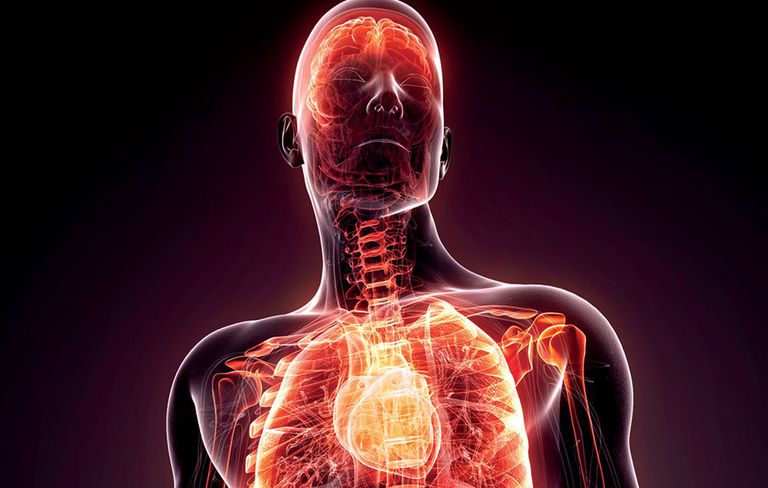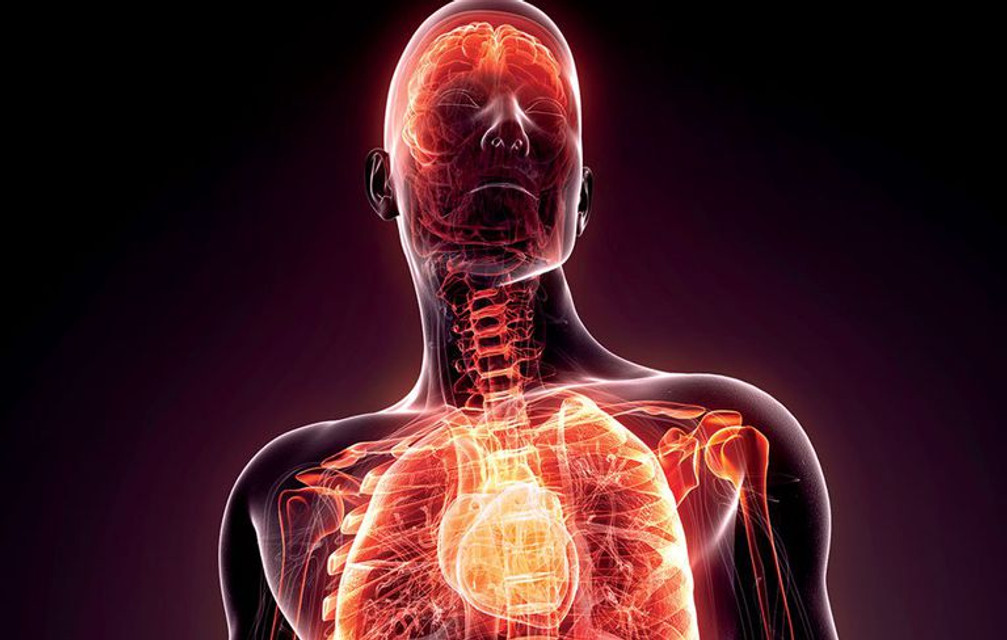Nov 3rd 2025
Are You Suffering from Silent Inflammation?

“Controlling the triggers of age-related inflammation could extend healthspan.”–Yale School of Medicine.
Allergies, arthritis, cancer, diabetes, atherosclerosis, osteoporosis, Alzheimer’s disease—almost every American today is already suffering or will suffer at some point in their lifetimes from an inflammatory-related disease like these. But it doesn’t need to be that way! You can spot inflammation and subdue it before it gets out of control and leads to a chronic disease!
What exactly is inflammation? Inflammation is the body’s healing response to injury, illness or infection. It brings heat and extra blood supplies where repairs are needed. After the job has been done, the inflammatory process should shut down. But sometimes it doesn’t. Instead, it smolders on, becoming chronic inflammation. Nutrient deficiencies and toxicities encourage chronic inflammatory fires that smolder and build until one day they flare up and burn out of control, producing disease. In fact, all chronic disease has an inflammatory component.
It usually takes years for “silent” inflammation to lead to a diagnosed disease. Cooling it down can prevent disease and maintain healthy aging.
Here are five common indications that you have silent inflammation:
- High cholesterol. High cholesterol doesn’t cause heart disease. High cholesterol is an indication that your body’s inflammation levels are too high. It’s high inflammation levels that actually cause heart disease. Get your inflammation levels down and both high cholesterol and heart disease issues will go away.
- Elevated C-Reactive Protein (CRP). Your doctor can test your CRP levels. If you’re concerned about heart disease, this is a good idea, since it’s a marker for inflammation in your blood vessels.
- Memory Problems. Inflammation tends to increase with age, and the problems older people have with memory are commonly the product of an inflamed brain. If allowed to get worse, this same brain inflammation can lead to Alzheimer’s disease and other dementias. Brain inflammation can also be a factor in mood disorders, like depression and anxiety.
- Aches, Pains and Stiffness. Those aches and pains we regard as an inevitable part of aging are signs of inflammation in joints and muscles.
There’s a lot you can do with diet and lifestyle to cool down the fires of inflammation. For a description of an anti-inflammatory lifestyle, see Raymond Francis’ article, “Inflammation: A Common Denominator of Disease.”
But often diet and lifestyle just aren’t enough. The single-most powerful natural product we’ve encountered at Beyond Health for reducing inflammation is curcumin. Curcumin turns off a large number of inflammatory pathways to provide comprehensive anti-inflammatory support. Various studies have shown it’s as powerful as Advil and other non-steroidal anti-inflammatory drugs, and even prescription steroids, in reducing pain and inflammation without these drugs’ dangerous side effects.
References:
- For more on inflammation, see Raymond Francis’ most recent book, The Great American Health Hoax. This book presents a “maintenance list” of factors that need to be kept within acceptable ranges if you want to prevent disease. Inflammation is one of these factors. The other factors are energy production, acid/alkaline balance (pH), digestive health, hormonal balance, thyroid function, and platelet stickiness.
- Chandran B. A randomized study to assess the efficacy and safety of curcumin in patients with active rheumatoid arthritis. Phytotherapy Research. November 2012;26(11):1719-1725
 Fuel your life with the purest vitamins
Fuel your life with the purest vitamins
